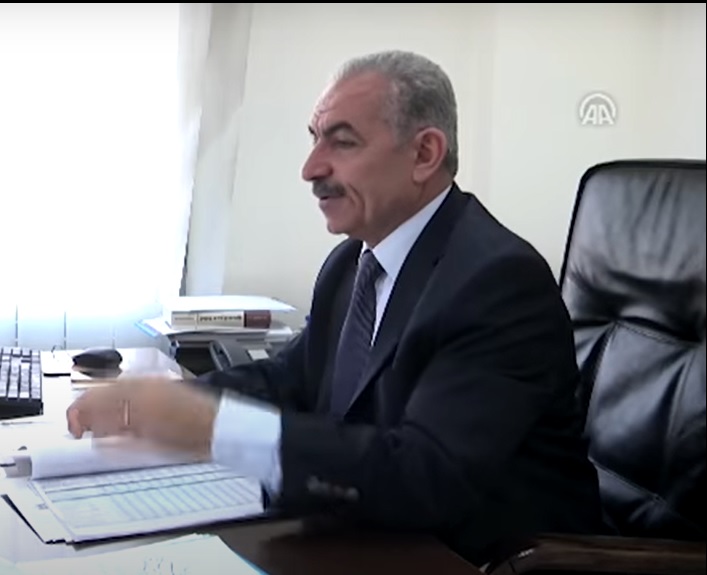Sources within the PA suggest that the Biden administration may have influenced Ishtayeh’s resignation, viewing it as a step towards implementing reforms demanded by the international community, particularly regarding PA governance in the Gaza Strip post-war.
Chairman Abbas is expected to task his economic advisor, Muhammad Moustafa, with forming a new government comprising technocrats aimed at instituting comprehensive reforms across various sectors, including security, counter-terrorism measures, and educational reforms.
The objective is to present a reinvigorated PA, potentially positioning it for greater control over Gaza.
However, Israel remains staunchly opposed to PA governance in Gaza, citing concerns over its alleged support for terrorism and incitement, particularly through official media channels and educational institutions.
Of significant concern is the potential inclusion of Hamas in the new government, which could perpetuate what critics perceive as a “puppet government” controlled by Abbas and Hamas leader Ismail Haniyeh behind the scenes.
Hamas has expressed support for joining the technocrat government as a means of retaining political influence despite waning power in Gaza.
This political maneuvering appears to be part of a broader effort, allegedly coordinated between the Biden administration and the PA, to influence the post-war governance of Gaza, raising questions about the autonomy and legitimacy of any future administration.
The PA asserts that the new government will enact reforms, including halting payments to terrorists and their families and revising educational curricula to remove inflammatory content targeting Jews and Israel.
However, these reforms are contingent upon Israel unfreezing withheld tax revenues and committing to a two-state solution along 1967 borders.
Additionally, Gulf countries have stipulated comprehensive PA reforms as a prerequisite for investing in Gaza’s reconstruction, reflecting concerns over past investments being squandered.
Prime Minister Benjamin Netanyahu has voiced Israel’s opposition to both PA and Hamas control over Gaza post-war.
Netanyahu contends that the current PA leadership, led by Mahmoud Abbas, lacks the credibility to govern Gaza effectively, citing their failure to condemn Hamas’ actions and their ongoing support for perpetrators of violence against Israelis.
Israel must remain vigilant against what it perceives as attempts by Abbas and Hamas to manipulate the composition of the new Palestinian government.
Netanyahu should clearly communicate to the Biden administration that Israel rejects any arrangement that fails to address its security concerns and uphold its principles regarding governance in Gaza.




